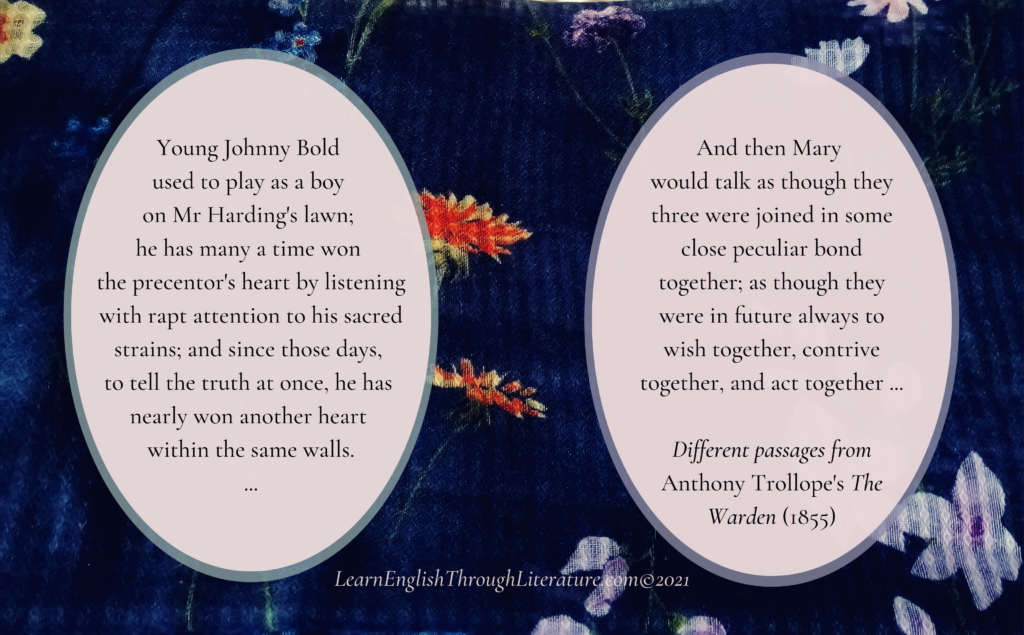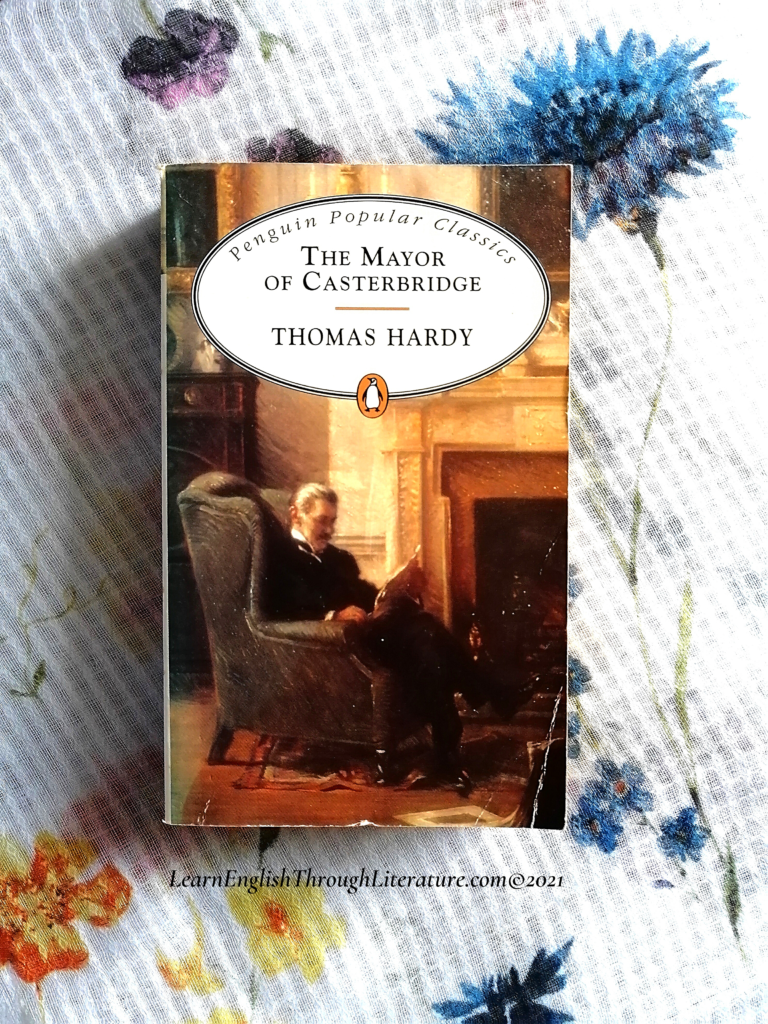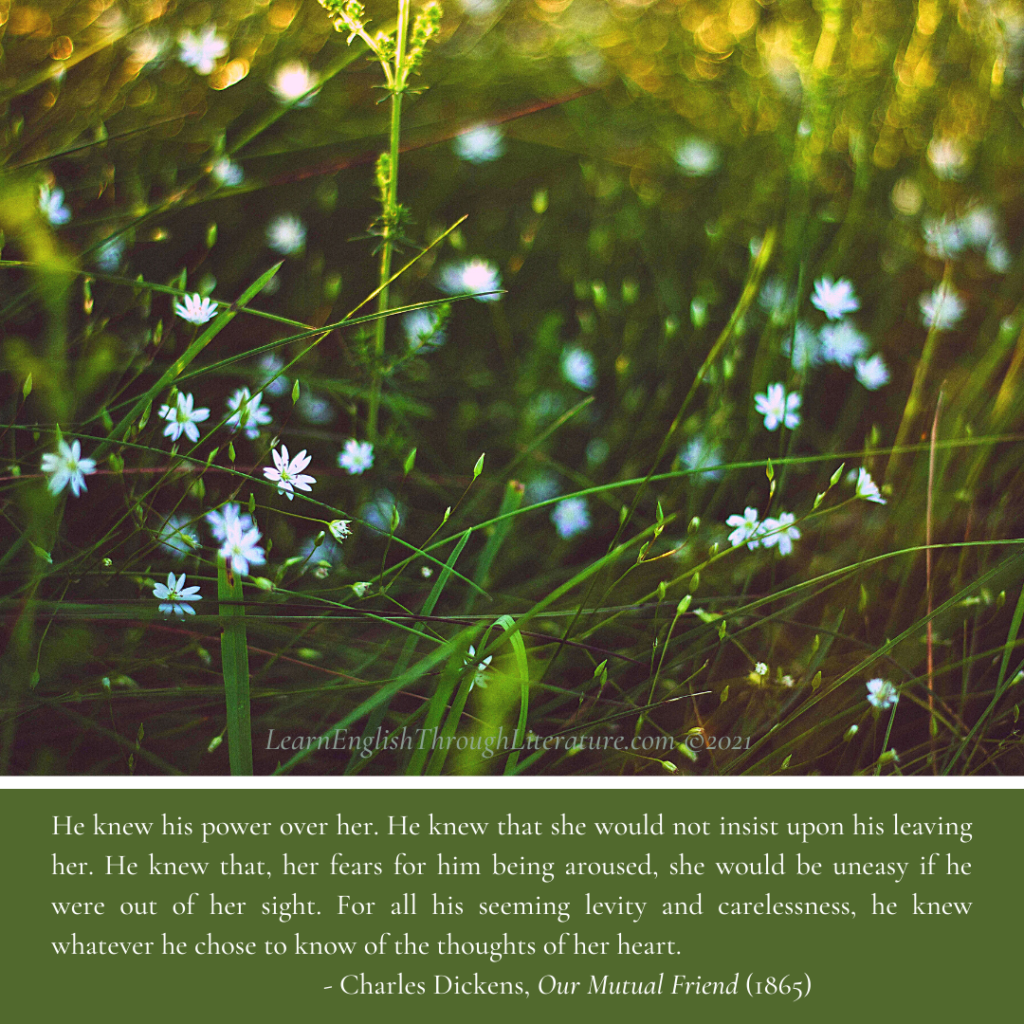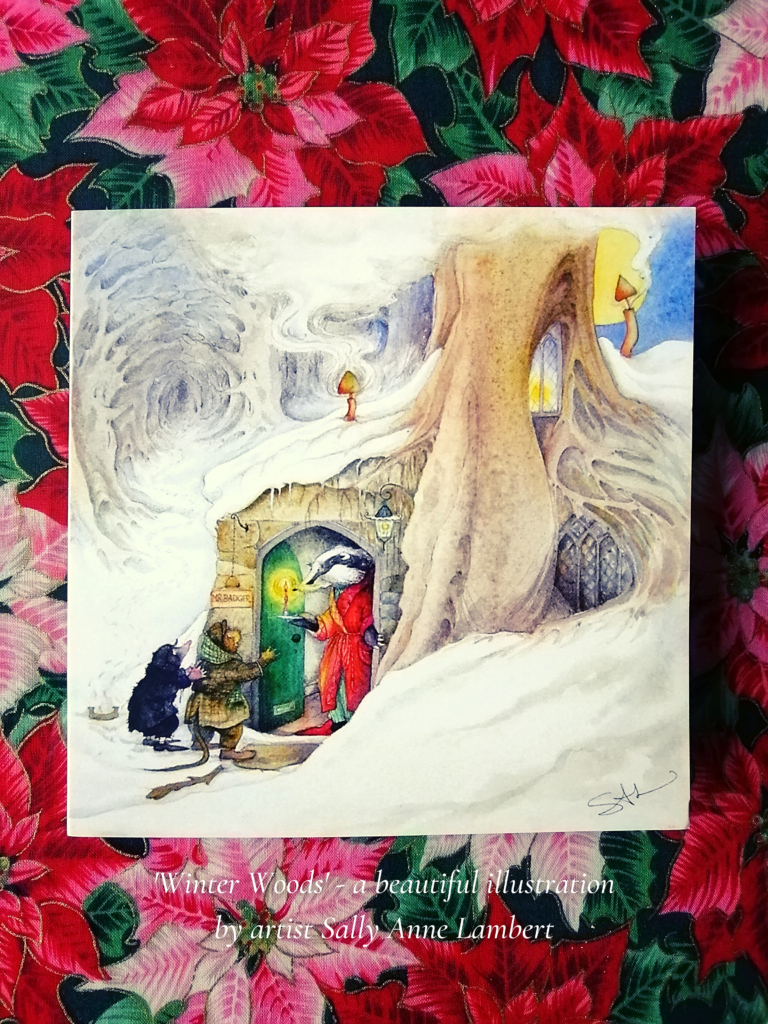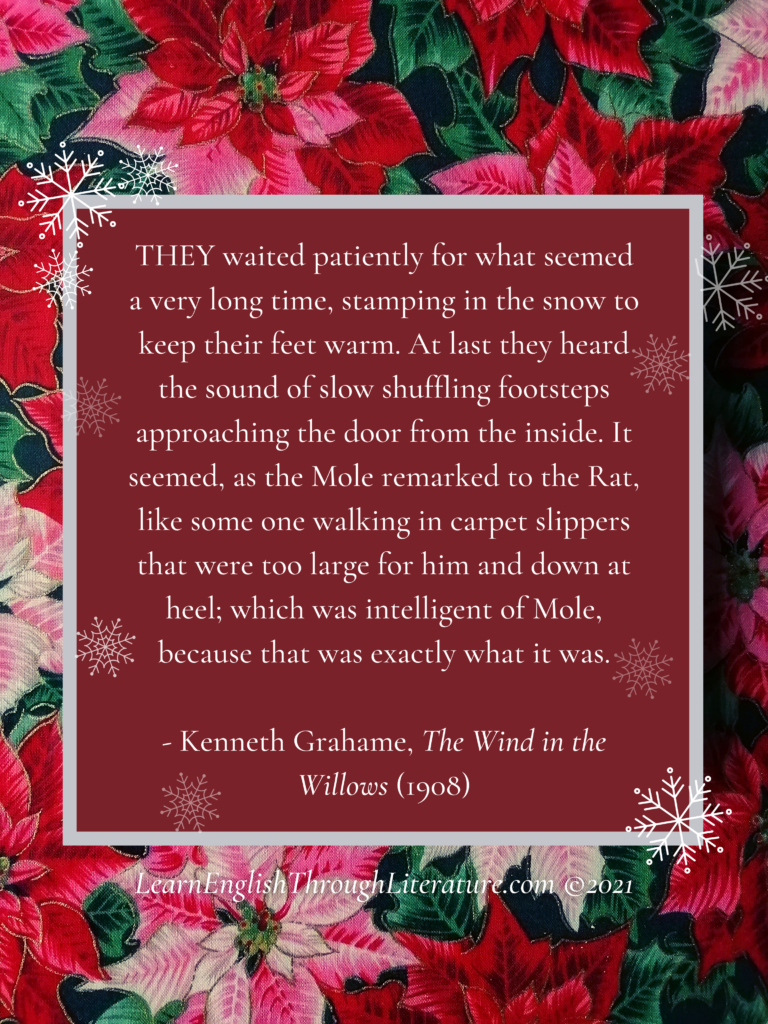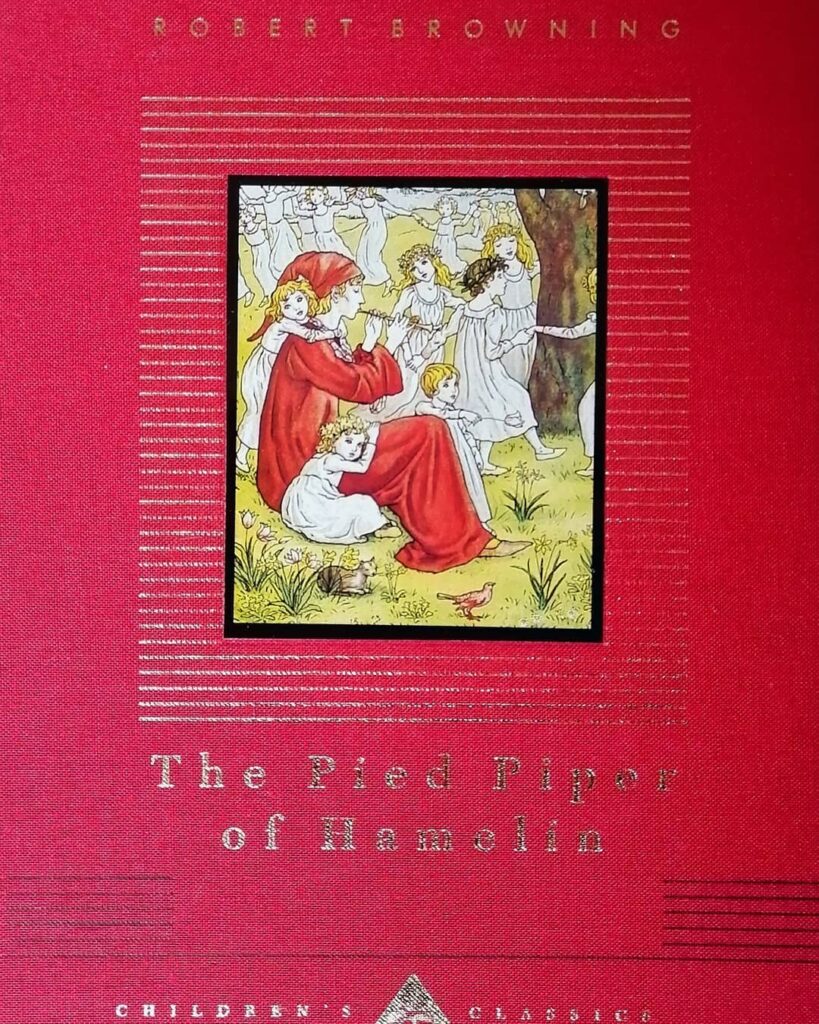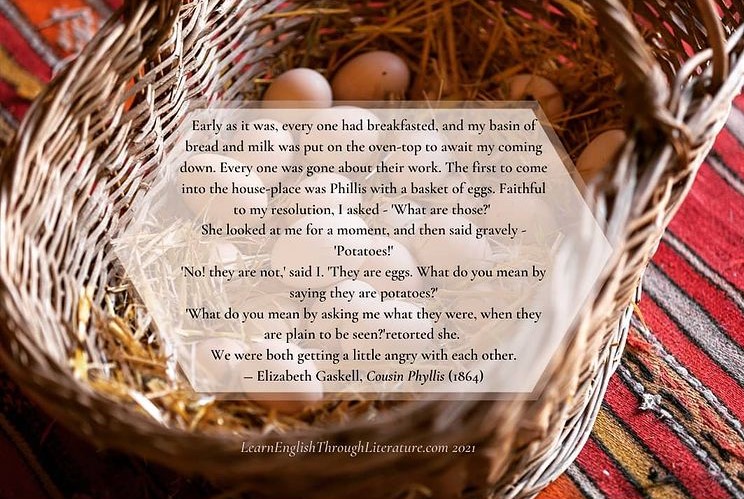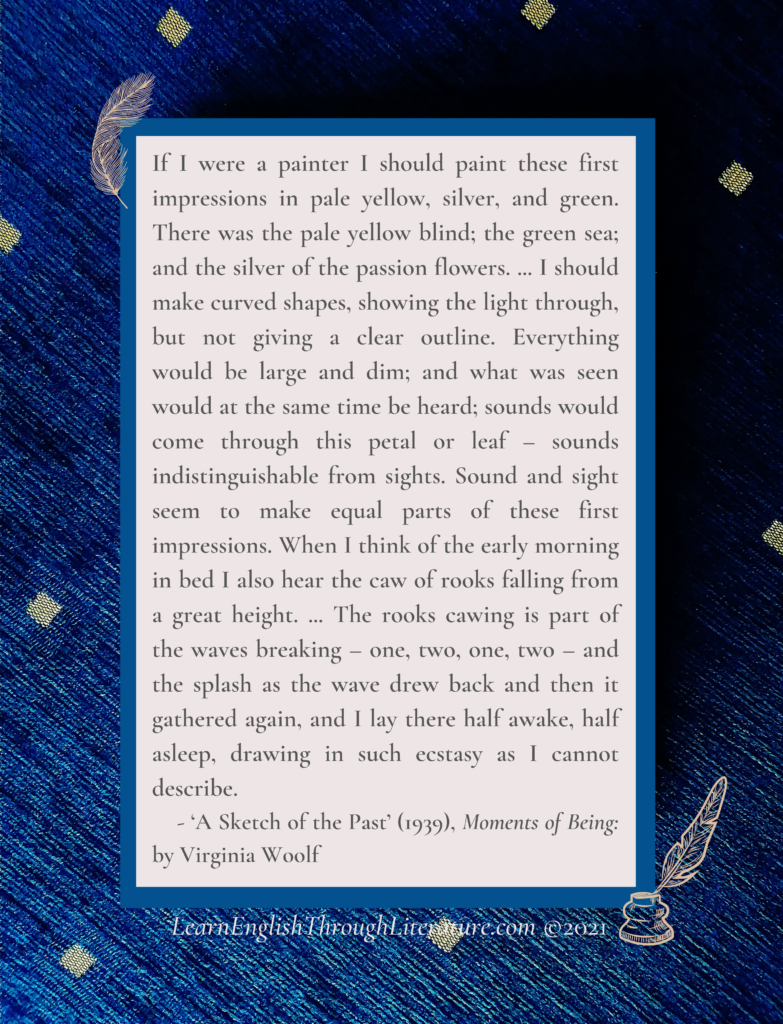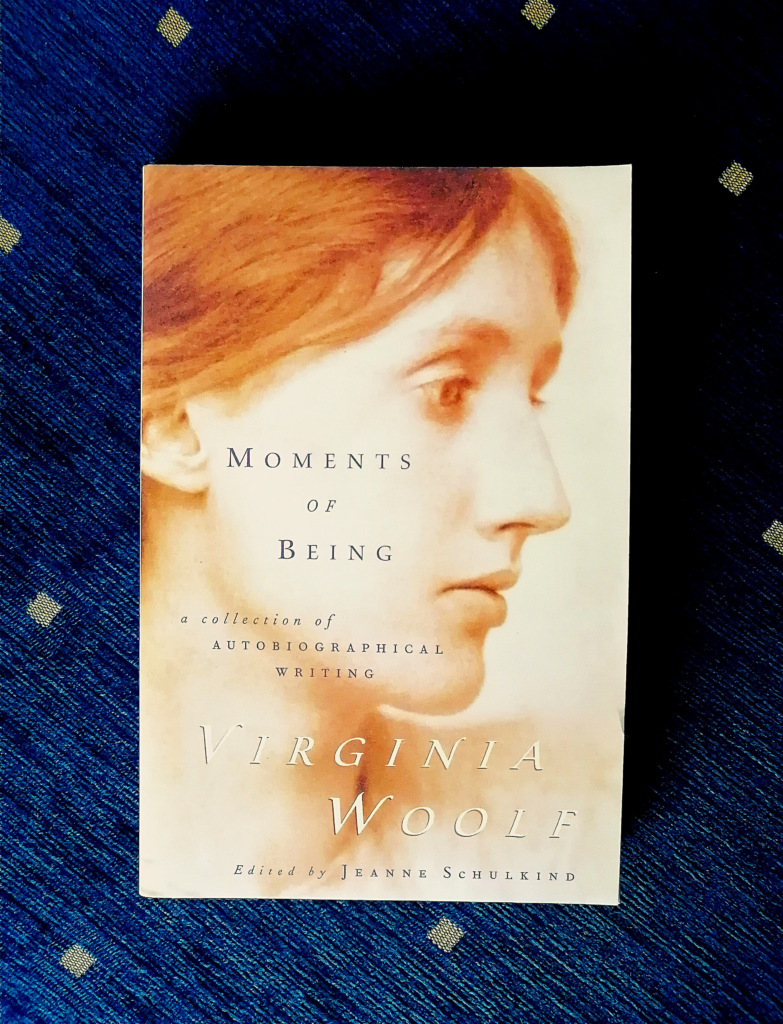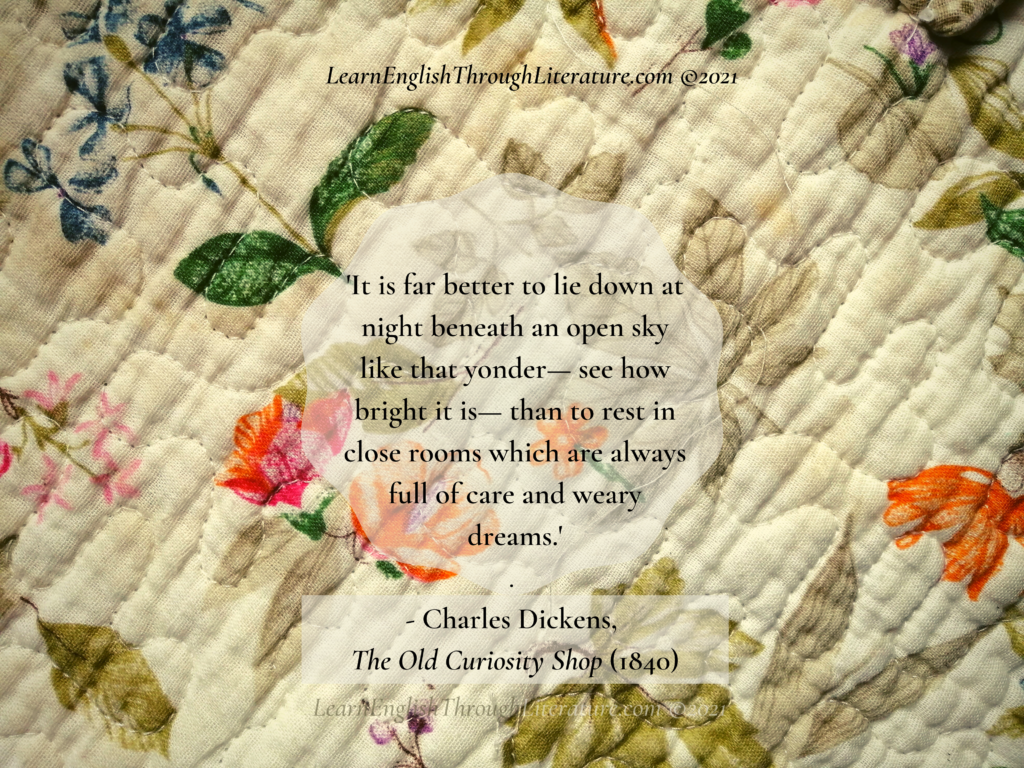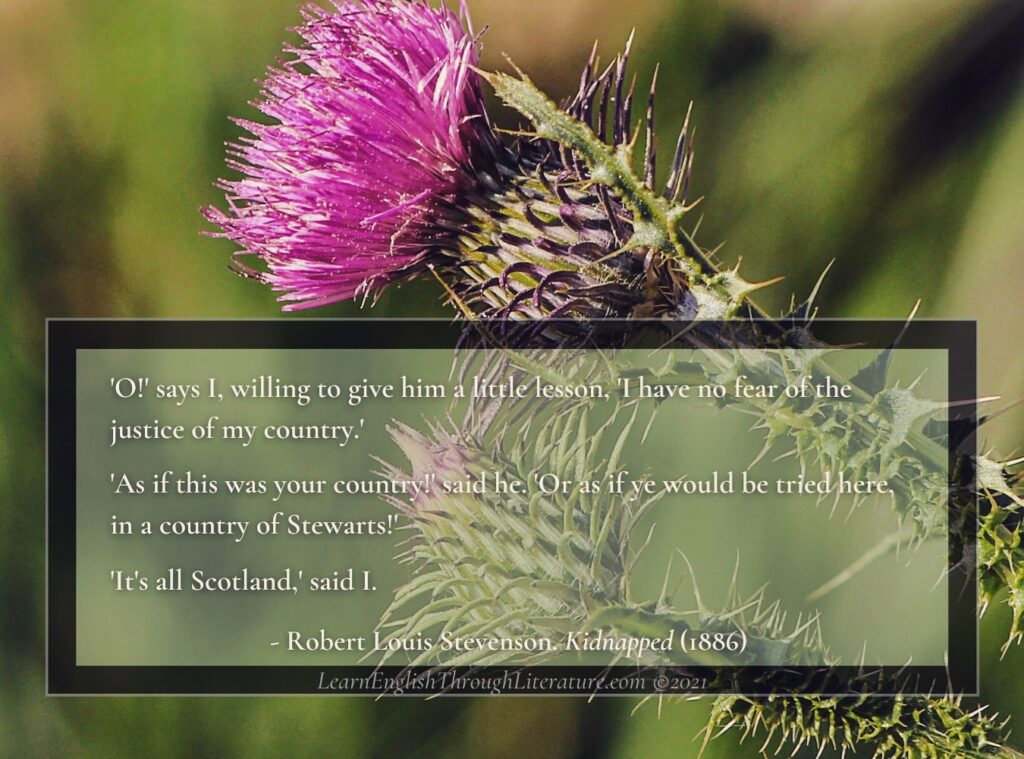Lesson #180: Describing Habits and States of Existence with ‘Used to’ and ‘Would’, through Trollope’s ‘The Warden’
When I choose a novel to read, I tend to like books that have social morality or human motivation as some of their themes or topics. Anthony Trollope’s book, The Warden (1855), is one such book. It is the first of his collection of a series of novels he wrote called the ‘Chronicles of Barsetshire’. Anthony Trollope […]

